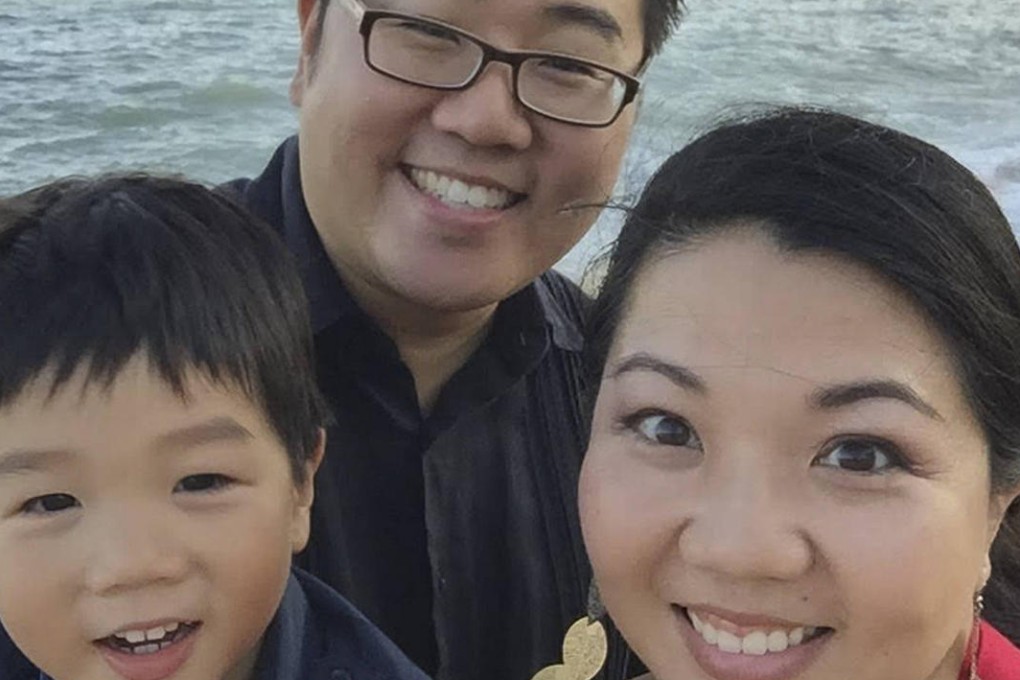US' middle class: Making ends meet on a single income in one of America's most expensive cities
One young Chinese American family's move to the costly San Francisco Bay Area sees them tighten purse strings to maintain their lifestyle

Calvin Tchiang and Melody Chen are an anomaly. They are one of the few middle-class American families in the San Francisco Bay Area who live on one income and still maintain what they consider a fairly comfortable lifestyle.
The Tchiangs are one of some 47 per cent of families in the United States who consider themselves middle class. Middle-class households in the US are defined as earning US$35,000 to US$100,000 a year.
Recent studies show that the American middle class has been on the decline because of shrinking incomes. A Pew Research study released in spring found that 47 per cent of Americans called themselves middle class. The survey defined middle-class households as those earning between 67 and 200 per cent of a state's median income.
"I think it's hard being middle class in the Bay Area … The idea of being middle class is you don't necessarily feel you're middle class," Chen said. "The cost of living here is so high that you always feel like you're below average."
Read more: China's middle class: top of the world but still not secure
While being middle class in one of America's most expensive cities is not easy, the Tchiangs believe that quality of life is achievable - it just takes some creativity and planning.